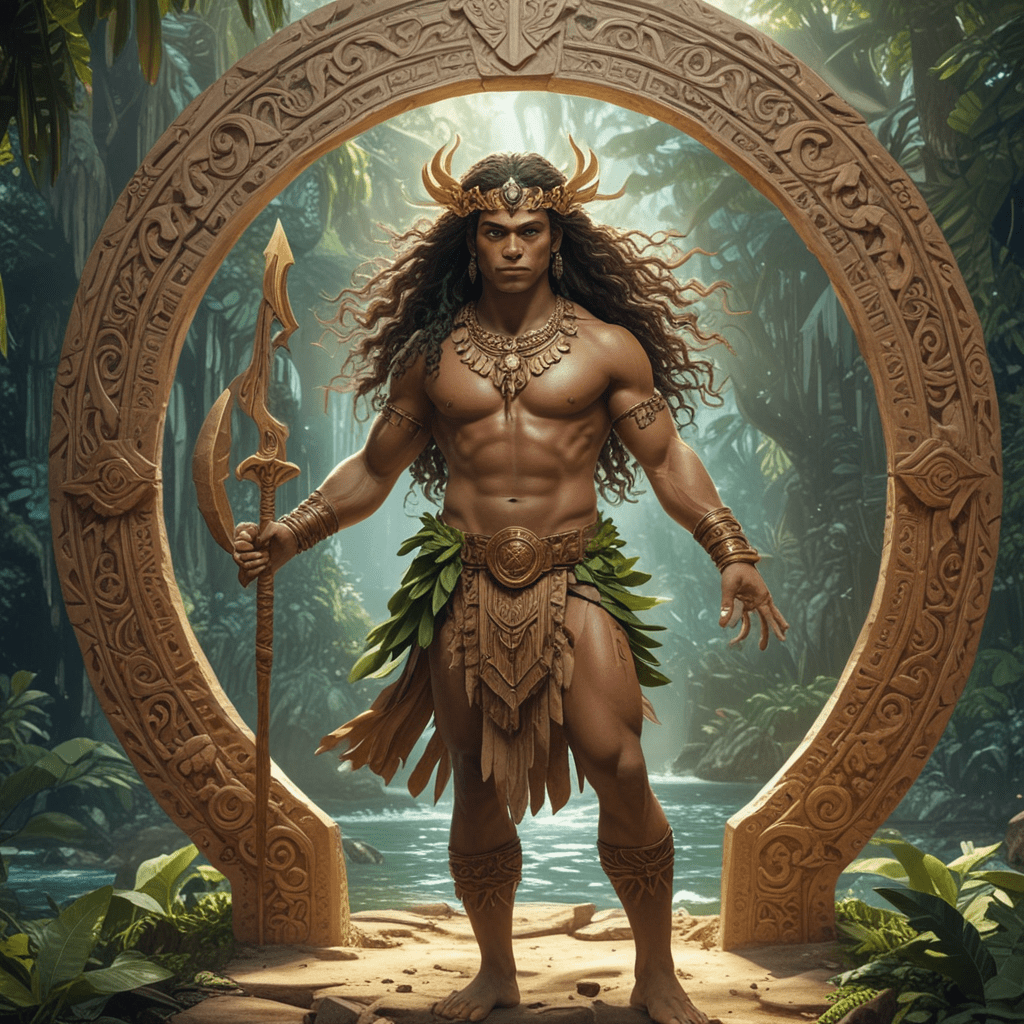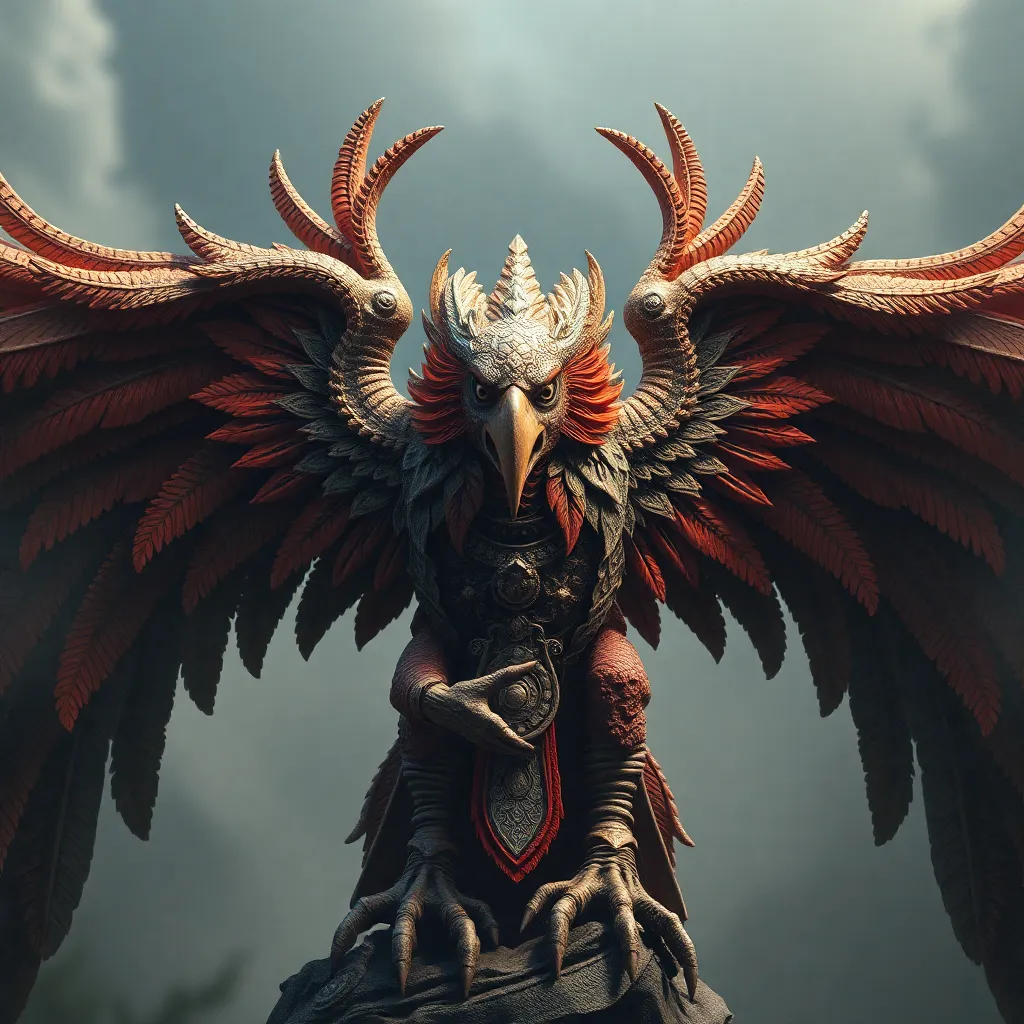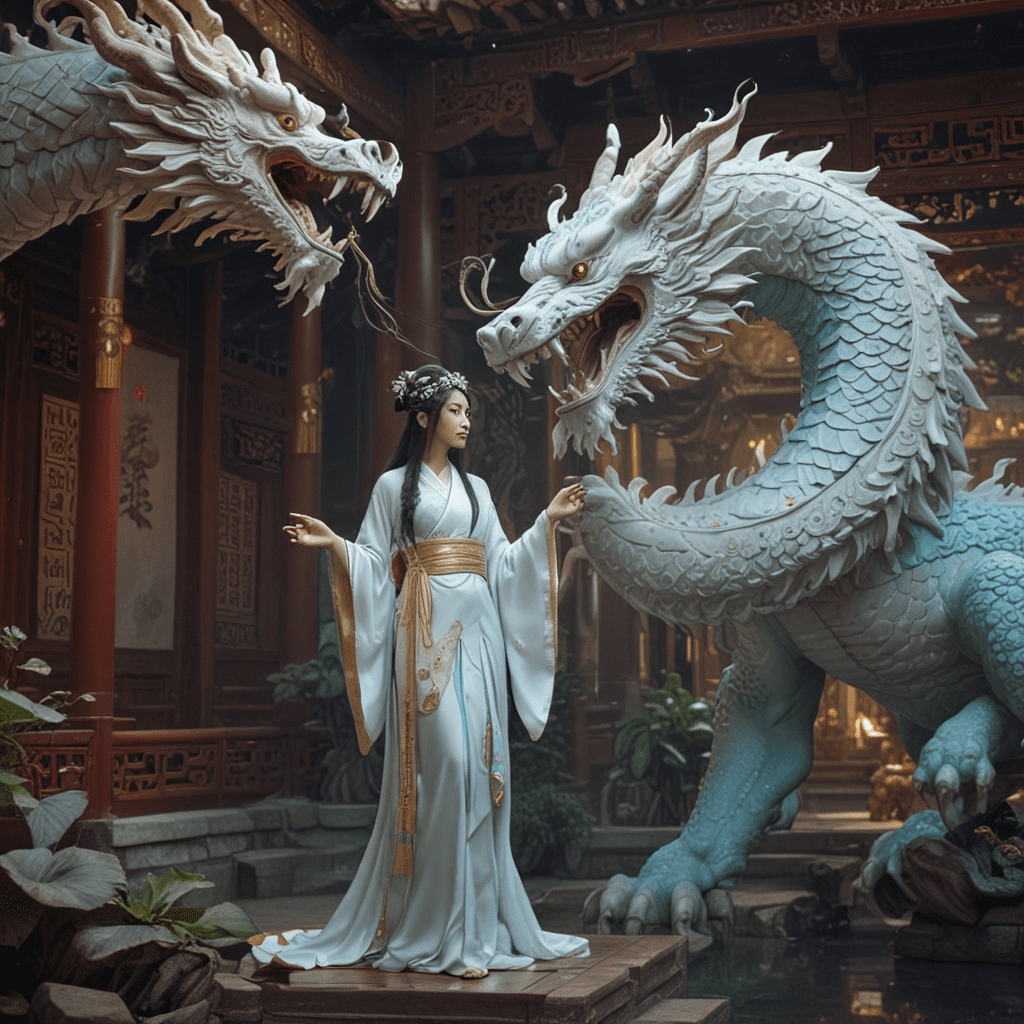I. Introduction
Fate, the predetermined course of events beyond human control, is a central concept in Polynesian mythology. It encompasses the intricate interplay between the supernatural, human agency, and the ancestral realm, shaping the lives of individuals and the destiny of communities. Polynesian myths and legends offer a rich tapestry of narratives exploring the nature and consequences of fate.
II. The Concept of Fate in Polynesian Cosmology
Polynesian mythology depicts fate as an inherent force within the cosmic order. It is often personified as an entity, such as the Hawaiian akua Kane, who is the creator and sustainer of all life. Fate is seen as an unyielding power that governs the cycles of birth, life, and death, as well as the broader events and circumstances that shape the world.
III. The Relationship between Fate and Divinity
Polynesian gods and goddesses are often portrayed as the arbiters of fate. They have the power to grant or withhold blessings, impose curses, and intervene in the lives of mortals. The gods' decisions are frequently guided by the concept of mana, a spiritual energy that permeates all aspects of existence and can influence the course of events.
IV. The Role of Ancestors in Shaping Fate
Ancestors play a pivotal role in Polynesian mythology, serving as guiding spirits and guardians of their descendants. They are believed to watch over their families and influence their fate by providing protection, granting favors, or dispensing punishments. Rituals and sacrifices are often performed to honor ancestors and appease their spirits.
V. The Influence of Taboos on Fate
In Polynesian mythology, taboos (kapu) have a profound impact on fate. These prohibitions regulate behavior and ensure the proper balance between humans and the divine. Breaking taboos is believed to bring about misfortune, illness, or even death. Observing taboos is thus considered essential for avoiding adverse consequences and shaping one's fate positively.
VI. The Importance of Choice in Determining Fate
While fate is a powerful force, Polynesian mythology recognizes the significance of individual choice. Humans are not mere puppets of destiny but have the agency to make decisions that influence their own future. Choices made in alignment with divine guidance and ancestral wisdom are believed to lead to favorable outcomes, while those that disregard these principles may result in adversity.
VII. The Consequences of Defying Fate
Defying fate is considered a dangerous and foolhardy act. In Polynesian myths, those who attempt to alter their predetermined destiny often face severe consequences. Legends depict individuals who have attempted to evade death or alter their social status, only to meet a tragic end. Such narratives convey the importance of respecting the boundaries set by fate.
VIII. The Search for Meaning in Fate
Polynesians have long sought to understand the meaning and purpose of fate. Myths and legends frequently explore this theme, offering insights into the nature of existence and the place of humans within the broader cosmic order. Many stories emphasize the importance of acceptance and resilience in the face of fate, as well as the potential for personal growth and spiritual evolution through life's challenges.
IX. The Concept of Fate in Contemporary Polynesian Culture
The concept of fate continues to play a significant role in contemporary Polynesian culture. Traditional beliefs and practices associated with fate, such as ancestor worship and adherence to taboos, remain important aspects of daily life. While some modern Polynesians may adopt a more secular outlook, many retain a deep-seated belief in the interconnectedness of events and the enduring influence of fate.
X. Conclusion
Fate is a complex and multifaceted concept that weaves through the fabric of Polynesian mythology. It is both a cosmic force and a personal journey, shaped by the interplay of divine guidance, ancestral wisdom, and human agency. Polynesian myths and legends provide a rich tapestry of narratives that explore the nature and consequences of fate, offering insights into the human experience and the search for meaning amidst the tides of destiny.
FAQ
Q: Is fate predetermined, or can it be changed?
A: Polynesian mythology recognizes that fate is largely predetermined but allows for the exercise of human agency. Choices made in alignment with divine guidance and ancestral wisdom can influence one's future.
Q: What are the consequences of defying fate?
A: Defying fate is generally considered dangerous and foolhardy in Polynesian mythology. Legends depict individuals who attempt to alter their destiny often meeting tragic ends.
Q: How can individuals cope with the challenges of fate?
A: Polynesian myths emphasize the importance of acceptance and resilience in the face of fate. They also convey the potential for personal growth and spiritual evolution through life's challenges.



